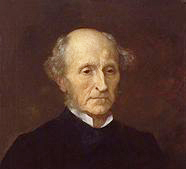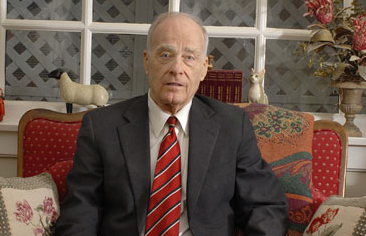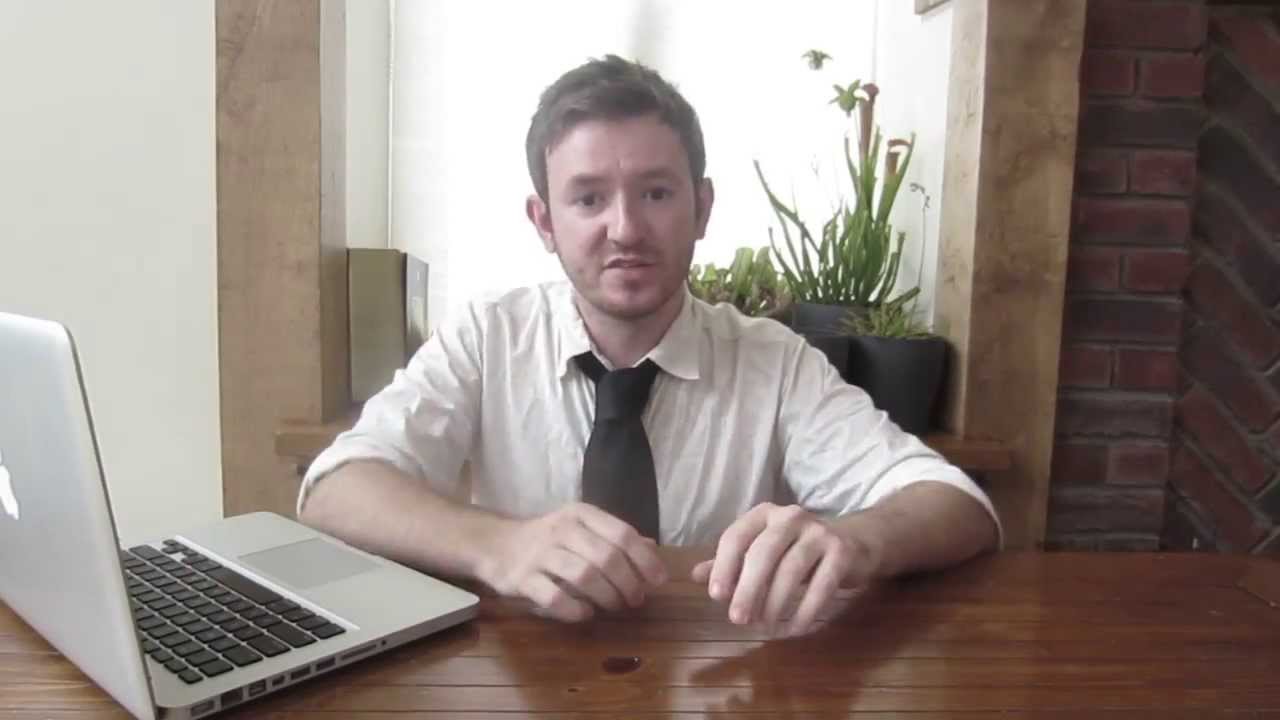or
Leaving the courtroom
My comment in the previous post, about Ron Unz’s credulity about conspiracy theories (CTs) of the assassination of John F. Kennedy has made me think, once again, about what we might call the pathology of extraordinary beliefs. As the sceptics of CTs have said, which not only includes JFK but also 9/11, this is a topic that, like religion and politics, should not be touched in after-dinner conversations. People feel very hurt and it is impossible to argue on good terms.
Let’s use the analogy of the lawyer and the prosecutor who bring the experts to court to try to convince the jury; say, the mock trial of Lee Harvey Oswald staged by British television between Gerry Spence and Vincent Bugliosi. A good litmus test to know who has a closed mind is simply to point out who, when watching the TV show at home, leaves the room when the speaker is either Spence or Bugliosi.
The fact is that it is those who believe in the CT who usually leave the room, so to speak, in the sense that they never read sceptical books. Their attitude is as surreal as Alice’s Queen of Hearts in Wonderland: first comes to the sentence and then the trial. First we ‘know’ that 9/11 was an inside job, or, in the case of JFK, we ‘know’ that Oswald didn’t act alone. The long trial process that culminates in the sentence is of no importance or consequence for those who ‘know’ the truth.
 Ron Unz is reputed to be a voracious devourer of books and articles. But when the issue of the trial between Spence and Bugliosi arrives, he leaves the courtroom every time the prosecutor speaks. Last year, in this discussion thread of his webzine, Unz said he had not read the thick Bugliosi treatise. When a supporter of Bugliosi pointed out that there was a much shorter book of another ‘prosecutor’ (pic above)—a book that with his amazing reading capabilities he could read it in a couple of days—Unz didn’t respond.
Ron Unz is reputed to be a voracious devourer of books and articles. But when the issue of the trial between Spence and Bugliosi arrives, he leaves the courtroom every time the prosecutor speaks. Last year, in this discussion thread of his webzine, Unz said he had not read the thick Bugliosi treatise. When a supporter of Bugliosi pointed out that there was a much shorter book of another ‘prosecutor’ (pic above)—a book that with his amazing reading capabilities he could read it in a couple of days—Unz didn’t respond.
That is the all too common attitude among those who believe in CTs. True Believers can read a dozen books promoting the conspiracy but not a single article from the other side (listen how Bugliosi explains this bizarre behaviour: here)! That is why they ignore the most basic arguments of the prosecutor. For example, in the most recent discussion thread about the 9/11 attacks, some visitors got mad at me but none advanced an argument about a video I linked about Building 7 (for the believers in the 9/11 CTs, Building 7 is considered one of their strongest arguments of what they call ‘controlled demolition’).
It is relatively easy to find out who’s the one who leaves the courthouse every time the opposing lawyer speaks. They are those who believe not only in the CT about JFK or 9/11, but in the so-called Fake Moon Landing, Satanic Ritual Abuse, or the existence of UFOs in Hangar 14 of the US government.
Let’s illustrate this with my case. I used to believe in the pseudoscience of parapsychology. I spent many years of my life wanting to prove the existence of ‘psi’ (extrasensory perception and psychokinesis). I didn’t read the sceptics of the paranormal because they were ‘the bad guys in the movie’.
When I finally spoke with them, at a November 1989 conference they invited me to, I was surprised that those I considered closed were, in fact, quite open people. They even subscribed to the main journals of parapsychology. That happened also with UFO sceptics. They were avid readers of their opponents’ literature: those who promote the hypothesis that UFOs are manned extraterrestrial ships. It is the believers of the extraterrestrial hypothesis who never read the literature of the sceptics.
Before, I only read literature from parapsychologists. But after meeting the ‘prosecutors’ in the early 1990s I became familiar, little by little, with their literature. A few years after subscribing to the Skeptical Inquirer there came a time when I felt agnostic (just as there are people who are no longer a hundred percent sure that God exists). Concurrently I realised that my parapsychological colleagues did not read sceptical literature, nor did they respond to the main arguments of the sceptics (Occam’s razor, the falsifiability principle, etc.).
Only until May 1995, thinking outside a subway station, there was a time when I seriously doubted, for the first time in life, the existence of psi (something similar to a priest doubting for the first time in his life of the existence of God). However, it would take me a few more years to understand why had I got caught in such a self-sealing belief system in the first place: an issue I address in my autobiographical books (see sidebar at the bottom of this page).
I mention this just so that it is understood that there are times that we are so absolutely convinced that pseudoscience is real science that we do not realise that it is a cathedral built on clay bases.
When I lived in Marin County I once had the opportunity to realise that the foundations of the ‘science’ I was studying were shaky. In a bookstore I saw that they sold A Skeptic’s Handbook of Parapsychology. Thirty-four years have passed since that night and I still remember the image of James Randi on the dustcover. But I thought I couldn’t afford it. If I had listened to the prosecutor, a dozen (lost) years of my life would have been spared! But I didn’t listen to him and embarked on a quixotic project of wanting to develop psi.
You can’t learn from another’s mistakes. I know that what I say here won’t make any dent whatsoever in the True Believers’ worldview who, like Unz, flee from the courtroom every time Bugliosi speaks. They do this to avoid the most elemental cognitive dissonance, as I did when I was trapped in my self-sealing system. But if I could travel to the past and see Cesar in that California bookstore in 1985, I would tell him, I would beg him, to buy the book he had in his young hands…





